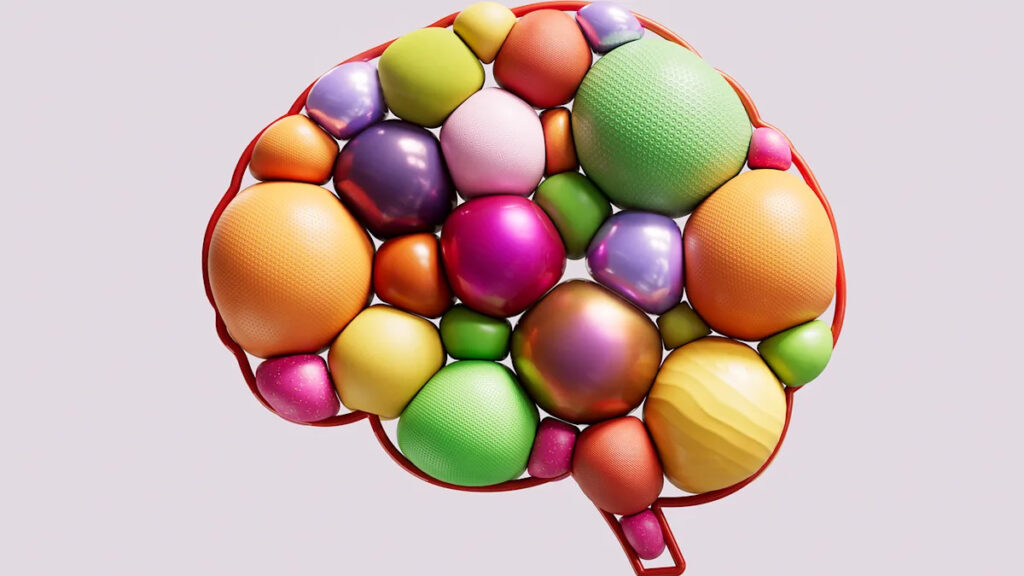
Think back to some of your core memories—meeting a spouse, landing a dream job, or receiving heart-wrenching news about a loved one. Some memories are vividly etched in your mind, while others fade into obscurity. A new study published today in Science Advances sheds light on why this discrepancy occurs, revealing that mundane memories gain extra sticking power when linked to significant events.
The research highlights that events with emotional impact, surprise, or rewards can enhance the retention of otherwise ordinary experiences. For instance, winning the lottery might make you remember the mundane activities you were engaged in just before the win. This understanding could pave the way for improved treatments for memory disorders and educational strategies to enhance learning.
Understanding Memory Retention
Dr. Robert M.G. Reinhart, a psychologist at Boston University and co-author of the study, explains, “Memory isn’t just a passive recording device: Our brains decide what matters, and emotional events can reach back in time to stabilize fragile memories.” This insight could lead to developing strategies to either strengthen beneficial memories or weaken harmful ones, a long-standing goal in cognitive neuroscience.
The study used a vivid example of a person hiking through Yellowstone National Park and encountering a herd of bison. The researchers found that the emotional impact of such an experience not only cements that specific memory but also reinforces smaller, more mundane events surrounding it, like noticing a rock on the path or a smaller animal in the grass.
The Brain’s Selective Memory
Different types of memories are stored in various interconnected brain regions. Explicit memories, which include personal events and factual information, are stored in the hippocampus, neocortex, and amygdala. Implicit memories, such as motor skills, are housed in the basal ganglia and cerebellum, while short-term working memories primarily involve the prefrontal cortex.
Big, emotionally charged moments tend to occupy a prominent place in the brain’s memory storage system. However, scientists have debated the concepts of retroactive and proactive memory enhancement, which pertain to how memories are prioritized after a significant event. Previous studies have been divided on whether weaker memories are stabilized by their connection to a more prominent memory.
A Memory Pop Quiz
To demonstrate memory enhancement, the study involved nearly 650 participants across 10 individual studies, utilizing artificial intelligence to analyze a broader data set. According to Reinhart, a key finding was that the brain uses a sliding scale to determine which memories to preserve.
Experiments included showing participants images linked to varying levels of rewards, followed by a memory test the next day. The results indicated that proactive memories, or those occurring after an event, were more likely to be remembered based on the emotional intensity of the event itself. Conversely, retroactive memories, or those preceding the event, were more likely to be remembered if they shared similarities with the pivotal event.
“For the first time, we show clear evidence that the brain rescues weak memories in a graded fashion, guided by their high-level similarity to emotional events,” said study co-author Chenyang (Leo) Lin.
Implications for Education and Therapy
The study’s findings have significant implications for both theoretical understanding and practical applications. In education, pairing emotionally engaging material with fragile concepts could enhance retention. Clinically, the research could lead to interventions that rescue weak memories, potentially benefiting individuals experiencing memory decline due to aging.
Reinhart suggests that the findings could also be applied to trauma-related disorders, where it might be beneficial to prevent the reinforcement of distressing memories. “The discovery has broad implications for both theory and practice,” he noted, highlighting the potential for tailored memory interventions.
As research in this field progresses, the understanding of how our brains prioritize and preserve memories could lead to groundbreaking advancements in both educational and clinical settings, offering hope for those struggling with memory-related challenges.





